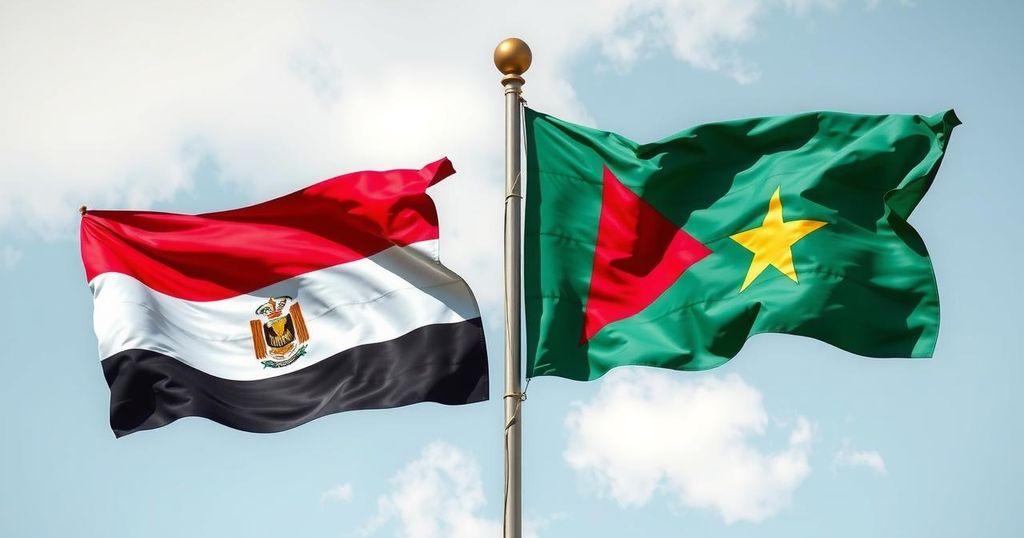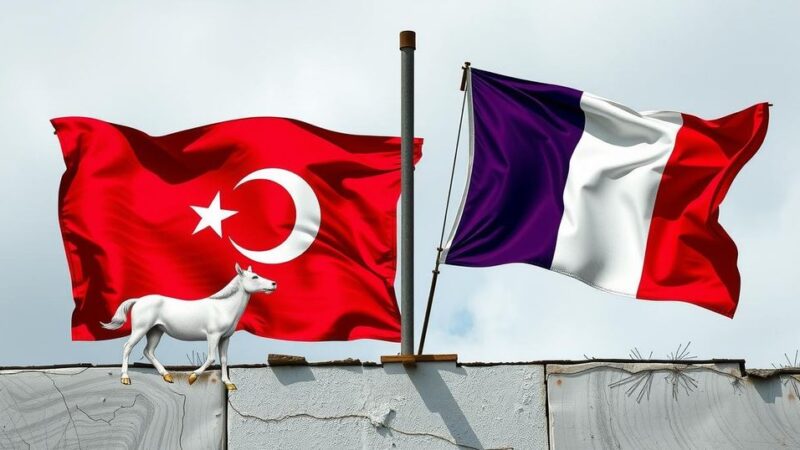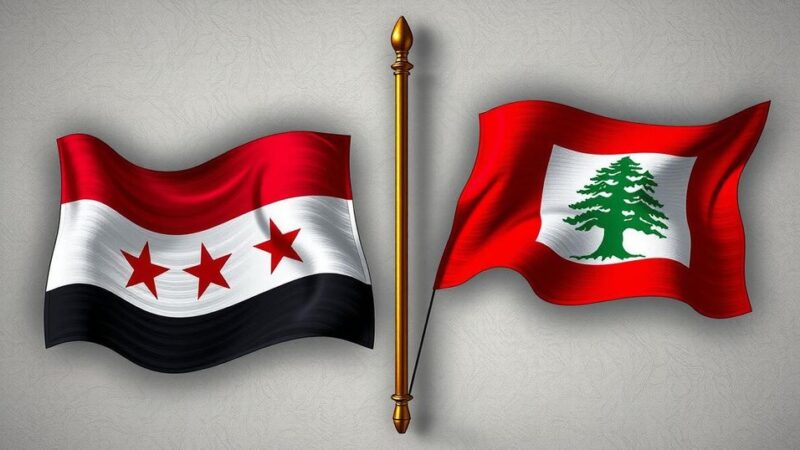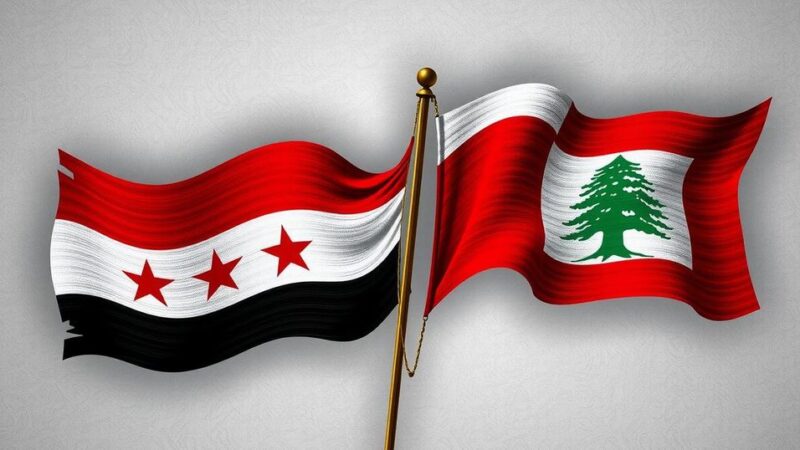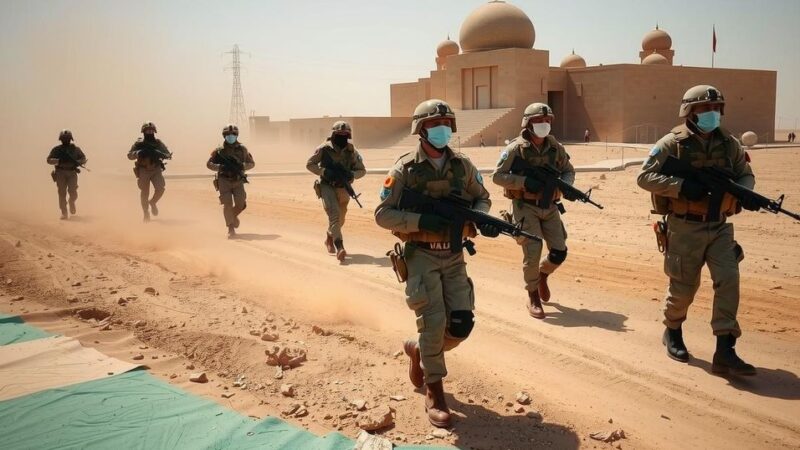Egypt has reinforced its alliance with Eritrea and Somalia to counter Ethiopia’s influence, following a pivotal summit in Asmara. The collaboration seeks to enhance military cooperation, particularly in counterterrorism efforts, amid ongoing tensions surrounding the Grand Ethiopian Renaissance Dam and Ethiopia’s maritime agreements with Somaliland.
In a significant development in the Horn of Africa, Egypt has intensified its strategic collaboration with Eritrea and Somalia in reaction to perceived threats posed by Ethiopia. A summit in Asmara in October 2024 saw the leaders of the three nations unite to bolster military cooperation and enhance regional stability. As part of this alliance, Egypt pledged troops for Somalia’s counterterrorism operations under the African Union mission, directly responding to Ethiopia’s growing regional influence.
This newfound alliance emerges amidst Egypt’s longstanding tensions with Ethiopia surrounding the Grand Ethiopian Renaissance Dam (GERD), which Egypt views as a substantial risk to its water security. Ethiopia’s recent agreement with Somaliland for maritime access has exacerbated these tensions, drawing Somalia closer to both Egypt and Eritrea.
Analysts contend that the summit signifies Egypt’s strategic maneuvering to preserve its influence, particularly regarding disputes over Nile water rights and access to the Red Sea. The collaboration has been characterized by some observers as an “axis against Ethiopia,” underscoring the complexities of the geopolitical landscape in the region.
Ethiopia’s ambitions to regain maritime access through its deal with Somaliland have stirred concern in Somalia, which regards this as a violation of its territorial integrity. Consequently, Egypt and Eritrea have intensified their military and strategic cooperation with Mogadishu, which includes arms shipments and the formation of a joint foreign ministers’ committee to coordinate efforts across various domains.
As this alliance develops, it has the potential to alter the regional balance of power significantly, possibly leading to heightened military and diplomatic confrontations. The forthcoming months will be critical in assessing how this strategic alignment will affect ongoing disputes over Nile water access and Red Sea territorial rights.
The geopolitical dynamics of the Horn of Africa have become increasingly complex due to the interplay of national interests among Egypt, Eritrea, and Somalia against the backdrop of Ethiopia’s assertive policies. Central to this tension is the Grand Ethiopian Renaissance Dam (GERD), a significant infrastructure project that Egypt perceives as a threat to its water security. Meanwhile, Ethiopia’s agreements with Somaliland to enhance maritime access further complicate relations, pushing Egypt and its allies to reevaluate their security strategies to counterbalance Ethiopian ambitions in the region.
In conclusion, the strengthening alliance between Egypt, Eritrea, and Somalia serves as a direct countermeasure to Ethiopia’s growing influence in the Horn of Africa. Through military cooperation, strategic arms support, and diplomatic alignment, this trilateral relationship underscores the ongoing volatility in the region regarding water rights and territorial integrity. The future trajectory of this alliance will be essential in shaping the balance of power and influencing geopolitical interactions in the months to come.
Original Source: www.garoweonline.com

